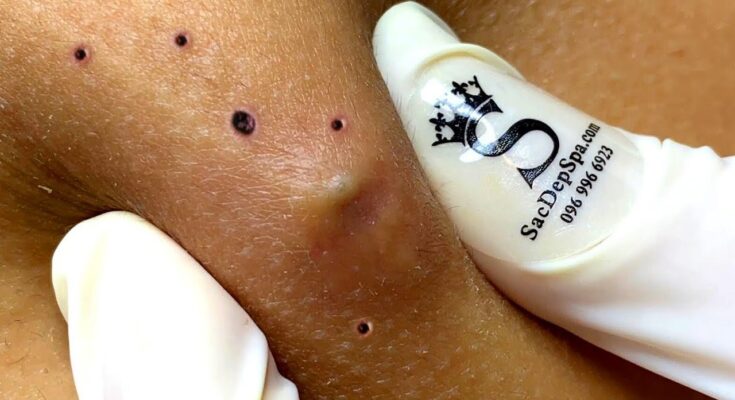When it comes to blackhead removal, it’s important to understand the effects and risks of different methods, including popping. While popping blackheads may seem like a quick fix, it’s not recommended for several reasons:
- Risk of Infection: Popping blackheads can cause bacteria to enter the pore, leading to potential infections. This can make the blackhead worse or lead to the formation of pimples or cysts.
- Scarring: Popping blackheads can damage the skin. The pressure applied to expel the contents can lead to scarring or the formation of dark spots (post-inflammatory hyperpigmentation).
- Worsening the Condition: When a blackhead is popped, it may not fully clear the pore. Often, the leftover material can clog the pore further, making the blackhead even harder to remove later.
- Inflammation: Popping can cause the skin to become irritated and inflamed. This may lead to redness and swelling, which can be uncomfortable and take time to heal.
Safe Alternatives
Instead of popping blackheads, consider these safer and more effective methods:
- Topical Treatments: Products containing salicylic acid, benzoyl peroxide, or retinoids can help clear blackheads over time by unclogging pores.
- Exfoliation: Regularly exfoliating the skin helps remove dead skin cells that contribute to clogged pores.
- Professional Treatment: If you’re struggling with blackheads, a dermatologist or esthetician can safely remove them using specialized tools and techniques.
In conclusion, while popping blackheads may provide short-term relief, it poses long-term risks. It’s generally better to treat them with products designed to clear pores safely or seek professional help.

